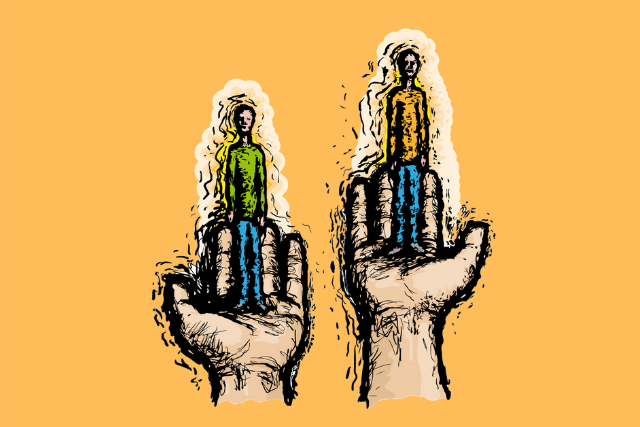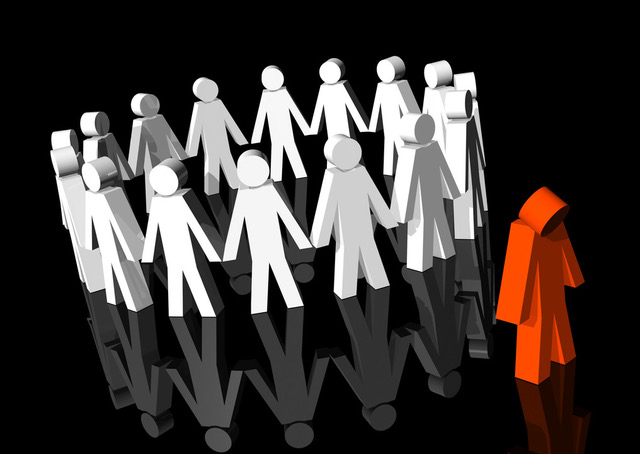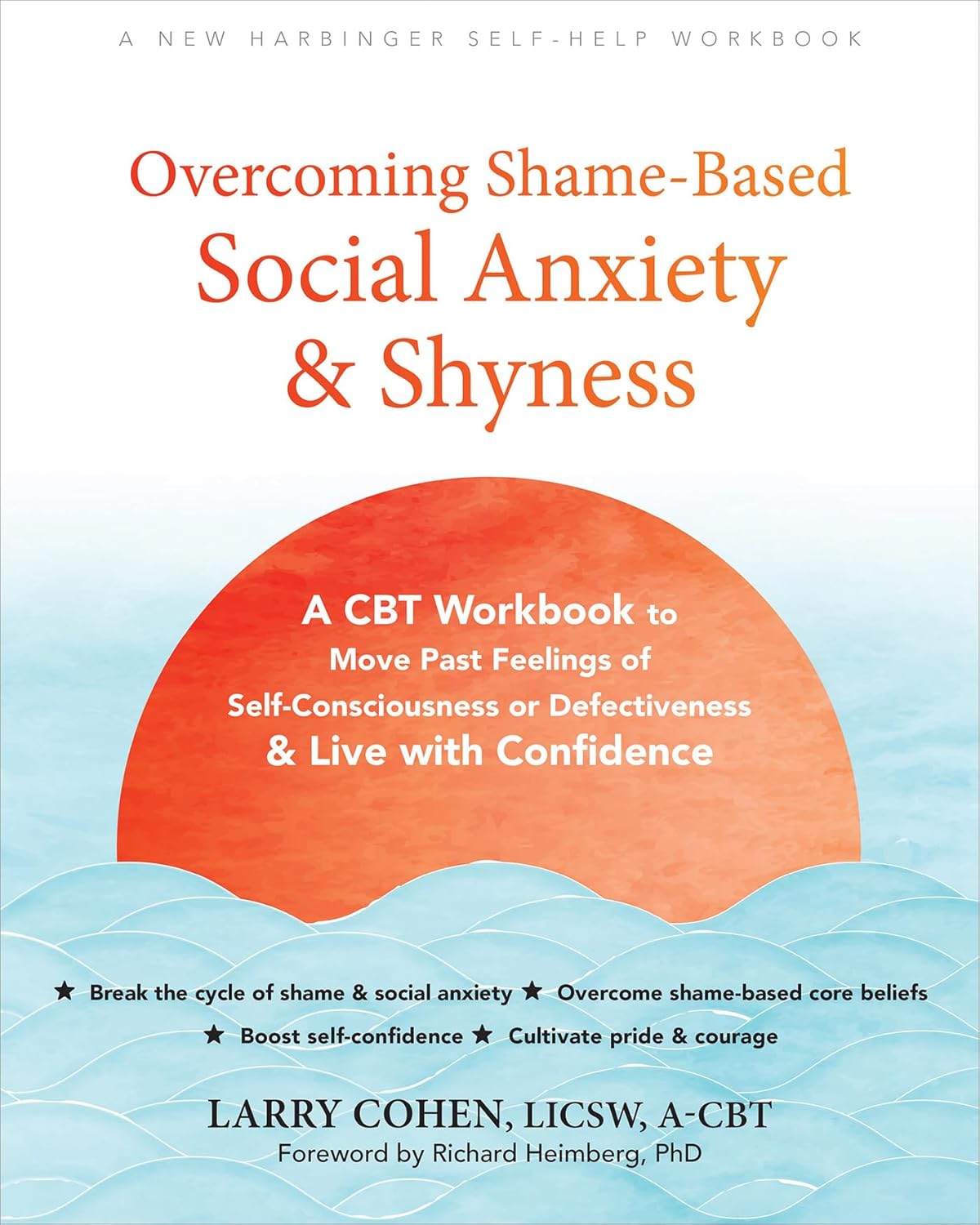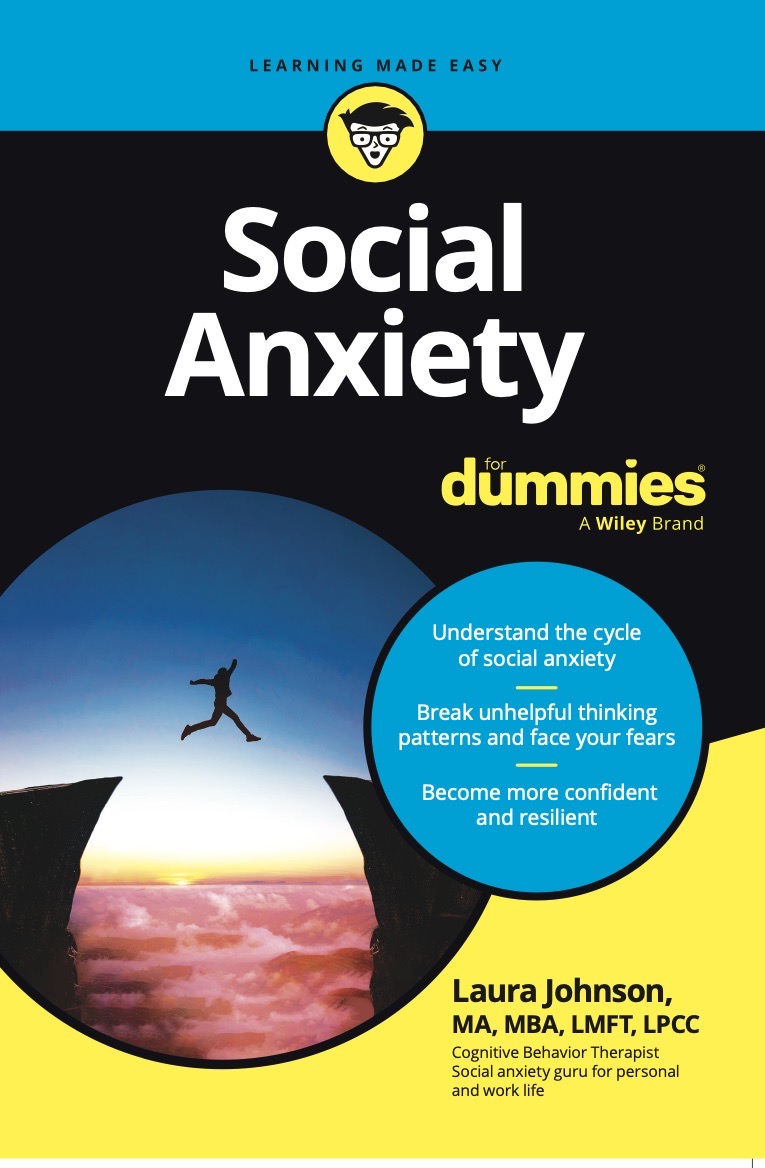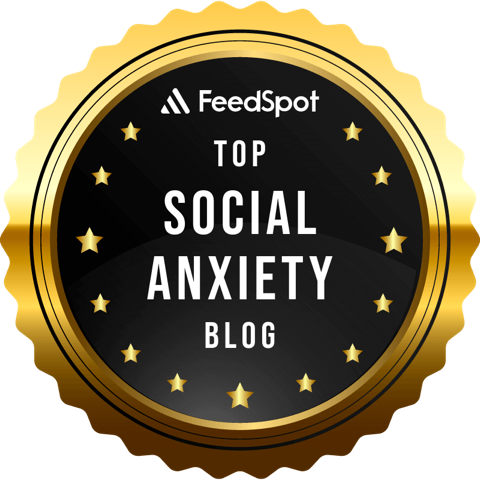Have you ever found yourself making statements such as:
– I’m an anxious person
– I’m socially anxious
– I’m a worrier
If any of these statements sound familiar to you, you may be defining yourself by your anxiety. Of course, if you have high levels of social anxiety, this makes perfect sense. You may feel like your anxiety is the biggest part of you, dictating what you do, where you go, or what you say. What’s more, since social anxiety affects us in a social context, others may define us by our anxiety too.
Imagine if we went through life defining ourselves only by our social anxiety. The consequences could be great. For example, if you were only a socially anxious person, challenging yourself to be around others would seem futile. Relationships, life events, and work responsibilities may quickly fall to the wayside. If you were defined only by your social anxiety, focusing on other aspects of your identity (for example, your identity as a mother/father, sister/brother, employee, friend, partner, etc) would become difficult. Your anxious identity would be the only thing front and center with little room for anything else. If anxiety was the only emotion you attended to, experiencing other emotions would become nearly impossible. Your defining emotion would just be too big.
Although there are times when it may seem like anxiety is all there is, in reality, there are many other aspects of your identity. It may be true that you are a person who has social anxiety, but that is not all you are. Would you be willing to try a quick exercise? If so, take out a piece of paper and spend a few minutes writing down as many aspects of your identity as you can think of. Feel free to use the examples above to get you started…Did you do it? Great! Now take a look at what you wrote down. If you gave yourself permission to really engage with the exercise, you will likely find that you have many aspects of your identity. Sure, social anxiety may be on the list, but is it the only thing?
Giving yourself permission to see anxiety as just one part of all that you are can be invaluable. Doing so may allow you to look at yourself from a more helpful perspective. It could also help you to disconnect from or let go of unhelpful thoughts. It may even allow you to engage in other aspects of your life and identity in spite of your social anxiety (Walser & Westrup, 2007). In sum, by defining yourself by all aspects of your identity rather than just your anxiety, you may find that your anxiety has less power over you, giving you a little bit more room to be you! So next time you find yourself getting stuck in your anxious identity, see if you can gently remind yourself that you are so much more.
Want to learn more about overcoming social anxiety? Explore other pages on the National Social Anxiety Center website or contact our national headquarters at (202)- 656-8566. You can also contact your local regional center to schedule an appointment.
Anna L. Lock, Psy.D.
Board Member, National Social Anxiety Center; Training Director, NSAC Los Angeles
Email: alock@behavioralassociatesla.com, Phone: (310)-205-0523
Share this blog post.



